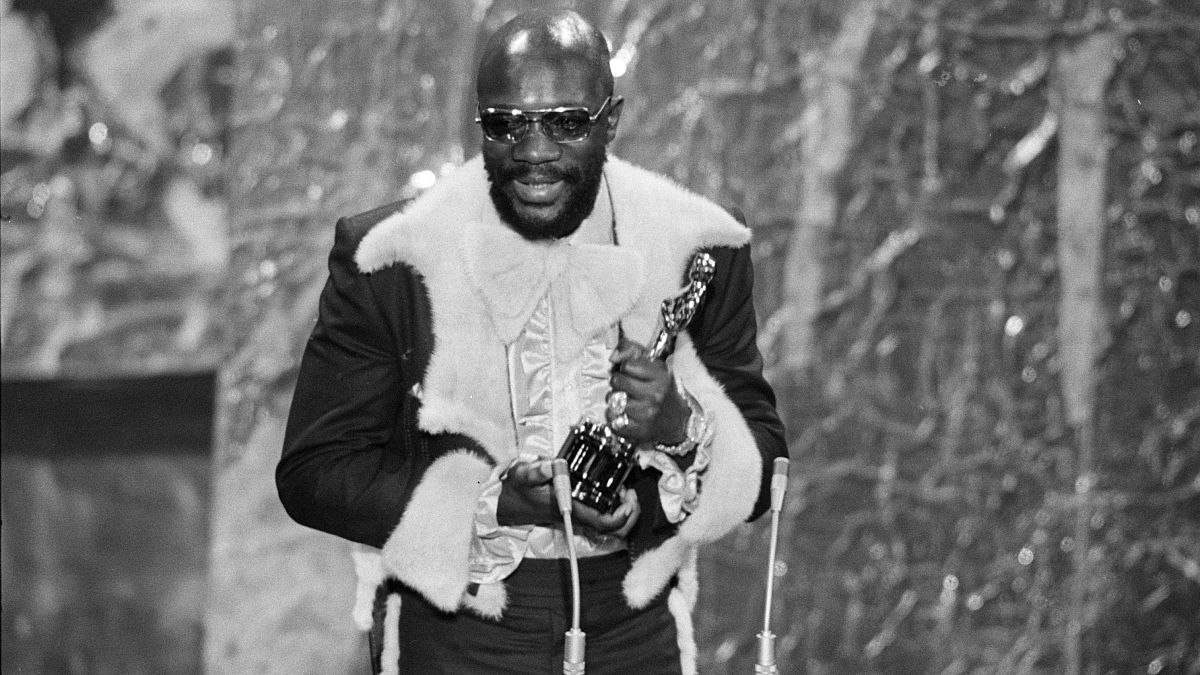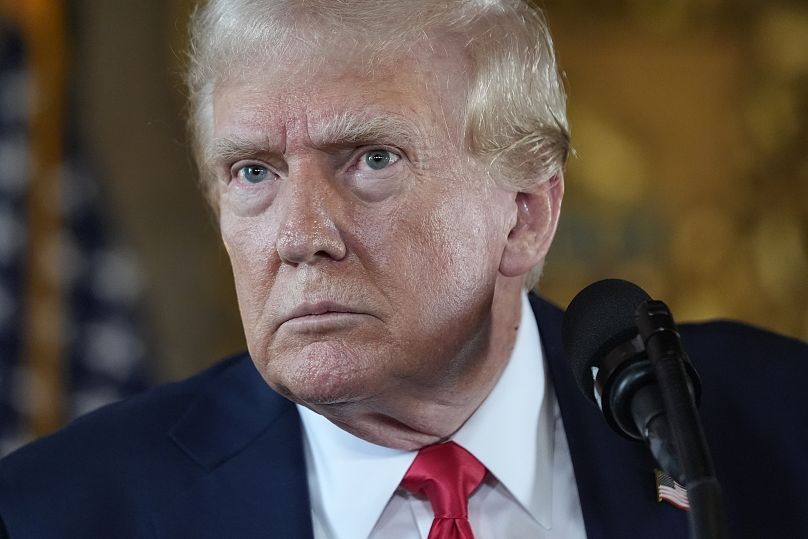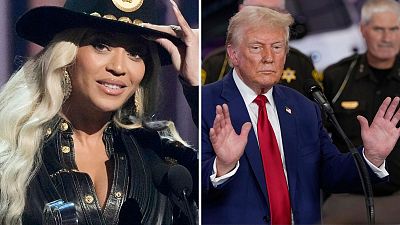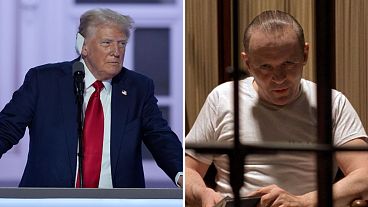Another day, another unauthorized use of a song by the Trump campaign... The family of soul legend Isaac Hayes has filed a lawsuit, demanding $3 million in damages. Hayes' family join Céline Dion's team, who also recently protested against the use of her 'Titanic' song in Trump's rallies.
Isaac Hayes’ family add themselves to a long list of artists who are not best pleased that Donald Trump is using their songs at campaign rallies.
Except the family of the late American soul legend, famous for songs like '(They Long To Be) Close To You', 'Joy' and the soundtrack to the film Shaft, have taken it one step further and are suing Trump and his campaign.
They are doing so specifically for the continued unauthorized use of the Sam & Dave’s 1966 hit song 'Hold On, I’m Coming', which was co-written by the late singer-songwriter.
The suit demands $3 million in damages for 134 uses of the song - which was used most recently at Trump’s rally in Montana on Friday, according to the suit.
On Sunday, Isaac Hayes III, the Grammy and Oscar-winner's son, posted on social media that the family had filed suit over the Trump campaign’s use of the hit song at its rallies from 2022 to 2024.
“We the family of @_isaachayes Isaac Hayes Enterprises, represented by Walker & Associates, are suing Donald Trump and his campaign for 134 counts copyright infringement for the unauthorized use of the song “Hold On, I’m Coming” at campaign rallies from 2022-2024,” read the post signed by The Hayes Family.
The post added: “We demand the cessation of use, removal of all related videos, a public disclaimer, and payment of $3 million in licensing fees by August 16, 2024. Failure to comply will result in further legal action.”
Isaac Hayes III posted another message, saying: “Donald Trump epitomizes a lack of integrity and class, not only through his continuous use of my father’s music without permission but also through his history of sexual abuse against women and his racist rhetoric. This behavior will no longer be tolerated, and we will take swift action to put an end to it.”
He added: “We stand in solidarity with all musicians whose work has been co-opted without consent by divisive political campaigns. A musical performers art is a reflection of their soul, not a tool for promoting hatred or bigotry. It’s time for all artists to unite and demand respect for their creative legacies.”
The Hayes family are the latest in a long line of musicians to complain about the Trump campaign.
Everyone from Tom Petty, Neil Young, The Rolling Stones via Adele, Bruce Springsteen and Sinead O'Connor has issued the politician with cease-and-desist orders.
Last week, French musician Woodkid called Trump out for using one of his songs - an LGBTQ+ anthem, the use of which was pointed out as rather ironic considering the mindset of many of the MAGA crowd with regards to gay rights.
Even more recently – and equally as ironic - Céline Dion's team also protested against the use of her track 'My Heart Will Go On' at a rally in Montana.
"In no way is this use authorised, and Celine Dion does not endorse this or any similar use," a statement read.
"And really, THAT song?", it added – alluding to the fact that the track was recorded for the Oscar-winning film Titanic, about a sinking ship.
Legally speaking, US politicians have some leeway when it comes to this practice of using songs as they please, leading recording artists to despair.
Indeed, US politicians don't always need permission from artists, as campaigns can buy licensing packages from music rights organisations, which gives them legal access to millions of songs for political rallies.
Artists do, however, have the right to remove their music from that list.
















